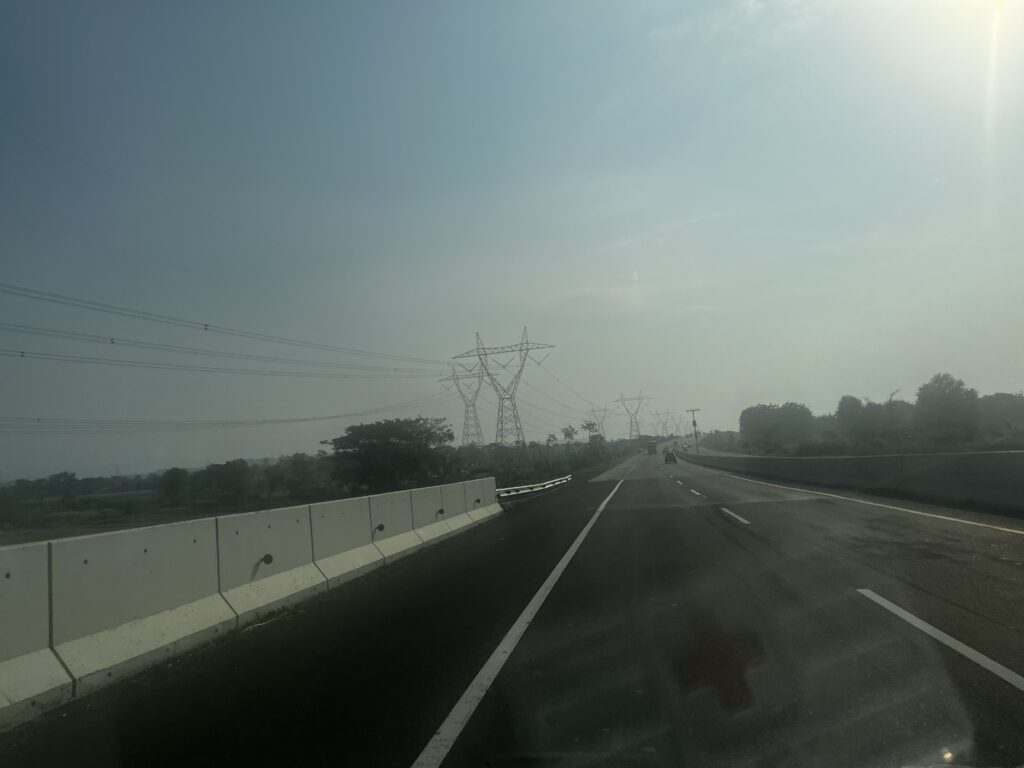
Indonesia’s Coal Power: A Dominant Force in Electricity Supply: However, coal power is not without its challenges and criticisms. Environmental concerns, including air pollution and greenhouse gas emissions, have been major points of contention. The government has realized the importance of sustainability and is taking steps to embrace cleaner energy sources, aiming to reduce the environmental impact of coal power.
In recent years, the demand for electricity in Indonesia has seen a remarkable surge. As the country’s population and economy continue to grow, the need for a reliable and sustainable power source becomes increasingly vital. With that in mind, Indonesia’s coal power plants have emerged as a dominant force in the country’s electricity supply.
The Role of Coal in Indonesia’s Energy Mix
Indonesia is renowned for its vast coal reserves, making it one of the world’s top coal producers and exporters. Coal has traditionally played a significant role in powering the nation, and this trend shows little sign of abating. According to the latest data, coal still contributes to a substantial portion of Indonesia’s electricity generation.
Understanding Substation Automation & IoT Concepts: A Complete guide for beginner
The coal accounted for approximately [67,2]% of Indonesia’s total electricity supply. This significant figure underscores the continued reliance on coal as a primary energy source. Despite efforts to diversify the energy mix, coal power remains crucial to meet the growing energy demands of Indonesia’s industries, businesses, and households.
Benefits and Challenges of Coal Power

Coal power plants offer a range of benefits that have contributed to their prevalence in Indonesia. First and foremost is their cost-effectiveness. Coal is relatively abundant in the country, making it an affordable option compared to other energy sources. Moreover, coal power plants can be constructed and commissioned relatively quickly, providing an efficient solution to meet the pressing energy needs.
The Shift towards Renewable Energy
While coal power remains a significant contributor to Indonesia’s electricity supply, the country has recognized the urgent need to transition towards cleaner and more sustainable energy sources. Recognizing the detrimental impact of fossil fuels on the environment, the government has set ambitious targets to increase the share of renewable energy in the country’s energy mix.
Indonesia’s commitment to renewable energy is evident in its various initiatives and policies. The development of solar, wind, hydro, and geothermal power sources has gained considerable momentum in recent years. The government aims to increase the share of renewables to [insert target percentage]% by [insert target year], diversifying the energy mix and reducing greenhouse gas emissions.
Overcurrent Protection in Power Substation
A Balanced Energy Transition
Indonesia’s energy landscape is undoubtedly evolving. While coal power continues to dominate, there is an evident shift towards renewable energy sources. The government’s endeavors to strike a balance between the growing electricity demand and environmental responsibility are commendable.
As Indonesia moves forward, finding the right energy mix that ensures stability, affordability, and sustainability will undoubtedly be the focus. With the growing importance of renewable technologies, coupled with ongoing advancements and investments, the future of Indonesia’s electricity supply appears more diversified and environmentally conscious than ever.
What is the difference between SCADA and RTU?
Remember, while coal power remains a significant contributor today, the transition towards a cleaner energy future is imperative – not only for Indonesia but also for the global fight against climate change.

You must be logged in to post a comment.